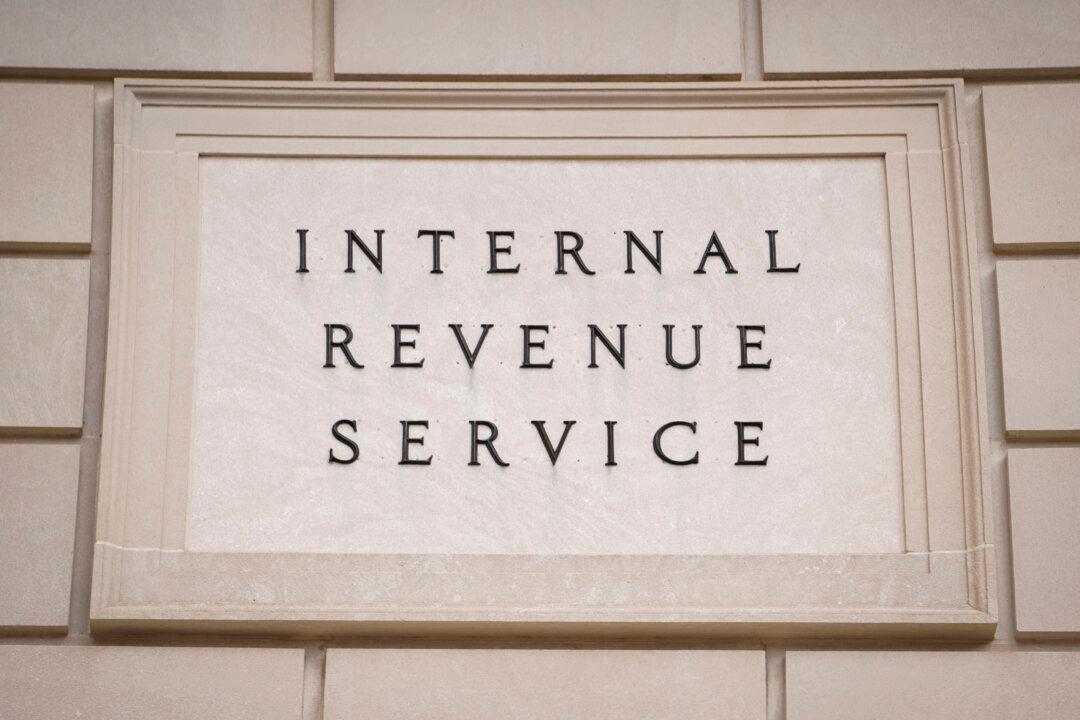IRS budget cuts would disrupt the department’s crackdown on the funding operations of Hamas, a Democrat Senator warned amid a GOP proposal to slash the tax agency’s funding so as to aid Israel.
Terrorist organization Hamas, which is sanctioned by the U.S. government, has “reportedly used fake charities and cryptocurrency to evade sanctions and fund its attacks,” Sen. Ron Wyden (D-Ore.) wrote in an Oct. 31 letter to IRS commissioner Danny Werfel. “The IRS Tax Exempt and Government Entities Division can police fake charities, and the IRS Criminal Investigation Division (CI) is one of the few law enforcement agencies with the skills to address sanctions evasion done via cryptocurrency.”





